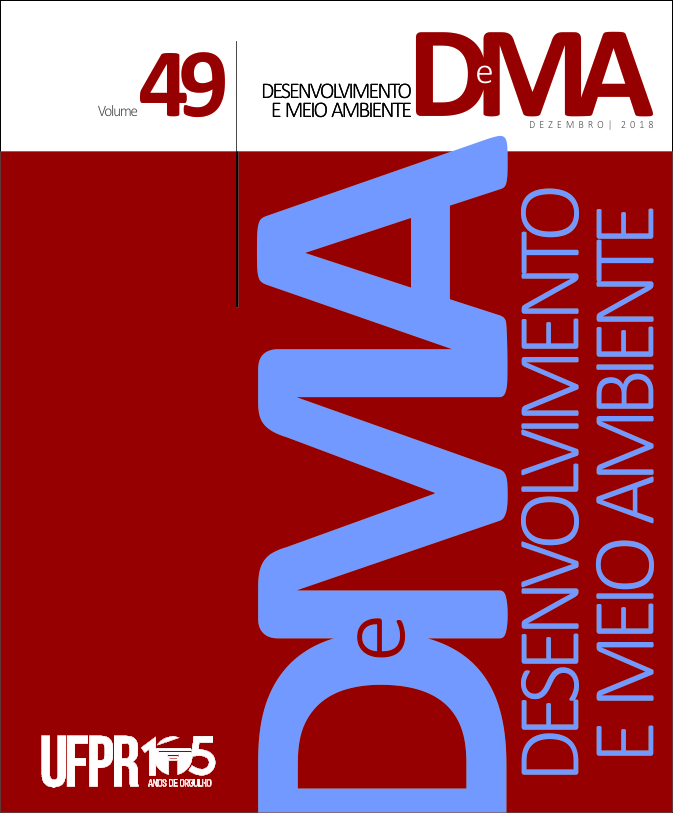Environmental education in water resources management based on environmental licensing model
DOI:
https://doi.org/10.5380/dma.v49i0.57747Keywords:
environmental education, environmental licensing, water resources managementAbstract
In Brazil, the theoretical-methodological basis for practical implementation of environmental education for water resources management is at its early stages. However, it presents for environmental licensing maturity and opportunity to contribute significantly to fulfill an agenda for democratization and to overcome environmental injustices. The aim of this paper was to link the environmental education in the licensing with it in the management of water resources. It involved a critical and comparative analysis in order to contribute to the advancement of these educational practices. Similar to what occurs in the licensing, the impacts generated by the use of water could be mitigated or even have some kind of compensation by imposing constraints on the water concession term towards the presentation of an environmental education program associated to the impacts arising from such activities. This proposal also fills in the gap as the users who do not have requirements in the licensing process or did not require an environmental license would still contribute towards water resources sustainability, empowering the civil society for participatory water management through the environmental education program developed.
Downloads
Published
How to Cite
Issue
Section
License
Copyright on works published in this journal rests with the author, with first publication rights for the journal. The content of published works is the sole responsibility of the authors. DMA is an open access journal and has adopted the Creative Commons Attribution 4.0 Not Adapted (CC-BY) license since January 2023. Therefore, when published by this journal, articles are free to share (copy and redistribute the material in any medium or format for any purpose, even commercial) and adapt (remix, transform, and create from the material for any purpose, even commercial). You must give appropriate credit, provide a link to the license and indicate if changes have been made.
The contents published by DMA from v. 53, 2020 to v. 60, 2022 are protected by the Creative Commons Attribution-NonCommercial-NoDerivatives 4.0 International license.
DMA has been an open access journal since its creation, however, from v.1 of 2000 to v. 52 of 2019, the journal did not adopt a Creative Commons license and therefore the type of license is not indicated on the first page of the articles.




